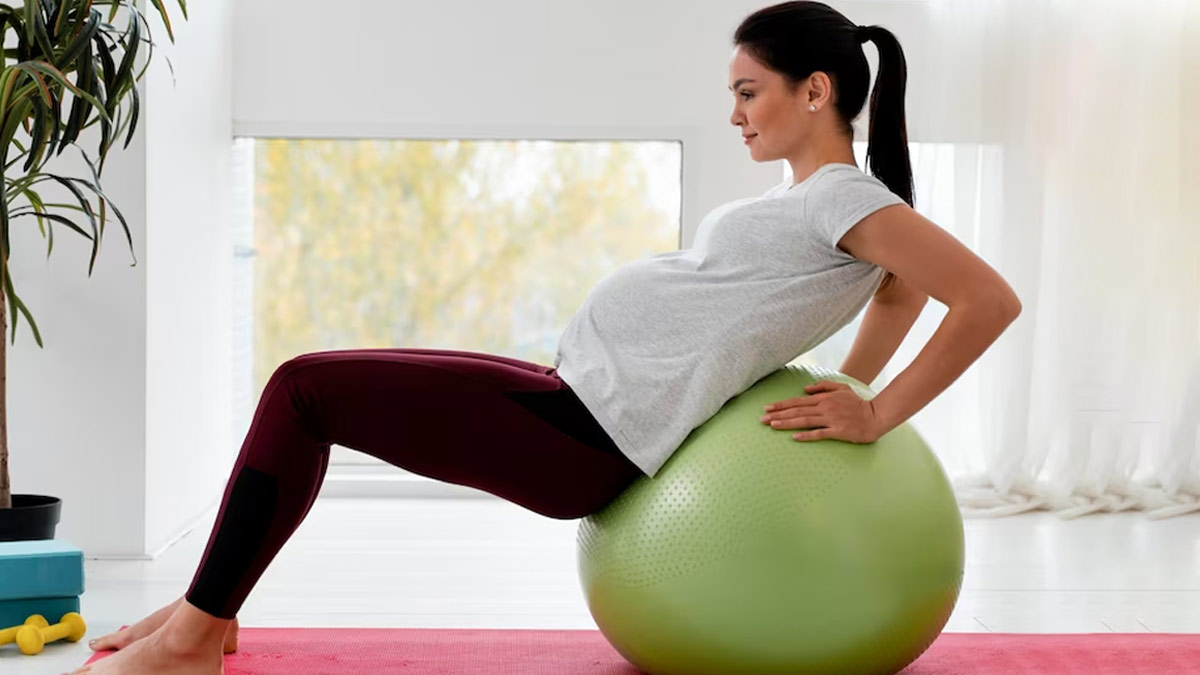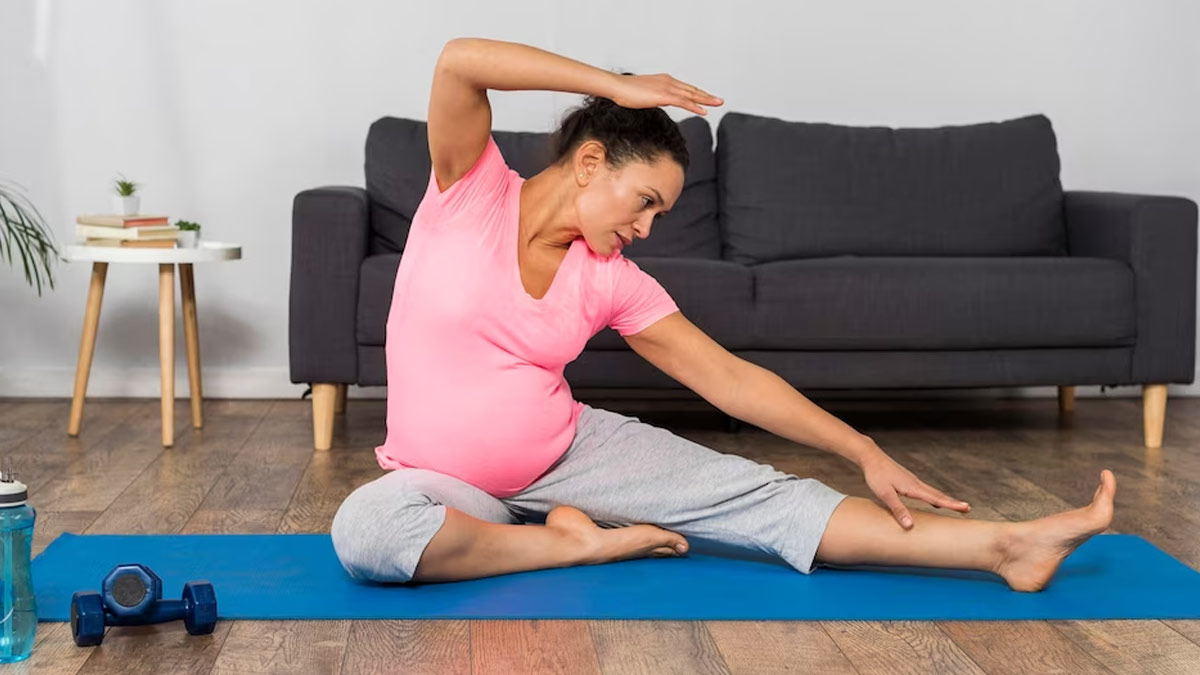
Pregnancy is an exciting time in a woman's life, and it's quite obvious for expectant mothers to have questions about maintaining their fitness routines during this crucial period.
While changing her fitness routine, the female must remember specific Do's and Don'ts associated with fitness exercises, as no expectant woman wants to jeopardise the health of her unborn child.
Table of Content:-
Consider These Safety Guidelines
While exercise during pregnancy is generally safe for most women, it is crucial to prioritise both maternal and foetal well-being. As per Dr Shweta Mendiratta, Senior Consultant Obstetrics & Gynaecology. Here are some important safety considerations:
Consult With A Doctor
Before initiating or continuing an exercise program, consult with your obstetrician or midwife. They can provide personalised guidance based on your individual health status and pregnancy progress.
Listen To Your Body
Pay close attention to your body's signals. Modify or stop any activity that causes discomfort, pain, or shortness of breath. Avoid humid environments and stay hydrated throughout your workout.
Choose Low-impact Activities
Opt for low-impact exercises that minimise stress on the joints, such as walking, swimming, prenatal yoga, or modified strength training.
Also read: Beginners Guide To Creating A Sustainable Workout Plan
Avoid High-Risk Activities
Steer clear of contact sports, activities with a high risk of falling or abdominal trauma, scuba diving, and activities that involve lying flat on your back for extended periods.
Guidelines for Safe Exercise
Here are some general guidelines to follow when exercising during pregnancy:
Warm-Up and Cool Down
Dr Mendiratta advises to begin each session with a warm-up to prepare the body and conclude with a cool-down to gradually lower your heart rate.
Moderate-intensity Workouts
Centres for Disease Control and Prevention suggests aiming for 150 minutes of moderate-intensity aerobic exercise spread throughout the week. If you were physically active before pregnancy, you may continue with your routine, making necessary modifications.

Incorporate strength training
Include strength training exercises that target major muscle groups, using proper form and lighter weights. Focus on maintaining muscle tone and functional strength.
Pelvic floor exercises
Perform regular pelvic floor exercises (Kegels) to improve pelvic muscle tone and support, which can be beneficial during pregnancy, labour, and postpartum recovery.
Supportive attire
Wear comfortable, well-fitting clothing and supportive footwear to minimise discomfort and reduce the risk of injury.
The Benefits of Exercise During Pregnancy
Regular physical activity during pregnancy offers numerous benefits for both the mother and the growing baby. Some notable advantages include:
Enhanced overall well-being
Exercise can help alleviate common pregnancy discomforts like back pain, constipation, and fatigue. It also boosts mood, reduces stress, and promotes better sleep quality.
Also read: Advanced Workout Training Techniques: Pushing Your Limits And Breaking Through Plateaus
Improved cardiovascular health
Engaging in moderate-intensity aerobic exercises, such as walking, swimming, or stationary cycling, helps strengthen the heart and lungs, facilitating better circulation.
Gestational Weight Control
Regular exercise can assist in managing healthy weight gain during pregnancy, reducing the risk of gestational diabetes and hypertension.

Increased Muscular Strength and Endurance
Strengthening exercises, with appropriate modifications, can help prepare the body for the physical demands of labour and postpartum recovery.
Staying active and exercising during pregnancy, with appropriate modifications and guidance from doctors, can be safe and highly beneficial for expectant mothers. Regular exercise helps improve physical and mental well-being, prepares the body for labour, and contributes to a healthier pregnancy.
Remember to listen to your body, seek medical advice, and make adjustments as your pregnancy progresses. Embrace the journey of motherhood while nurturing your own health and vitality through mindful and safe exercise practices.
Also watch this video
How we keep this article up to date:
We work with experts and keep a close eye on the latest in health and wellness. Whenever there is a new research or helpful information, we update our articles with accurate and useful advice.
Current Version